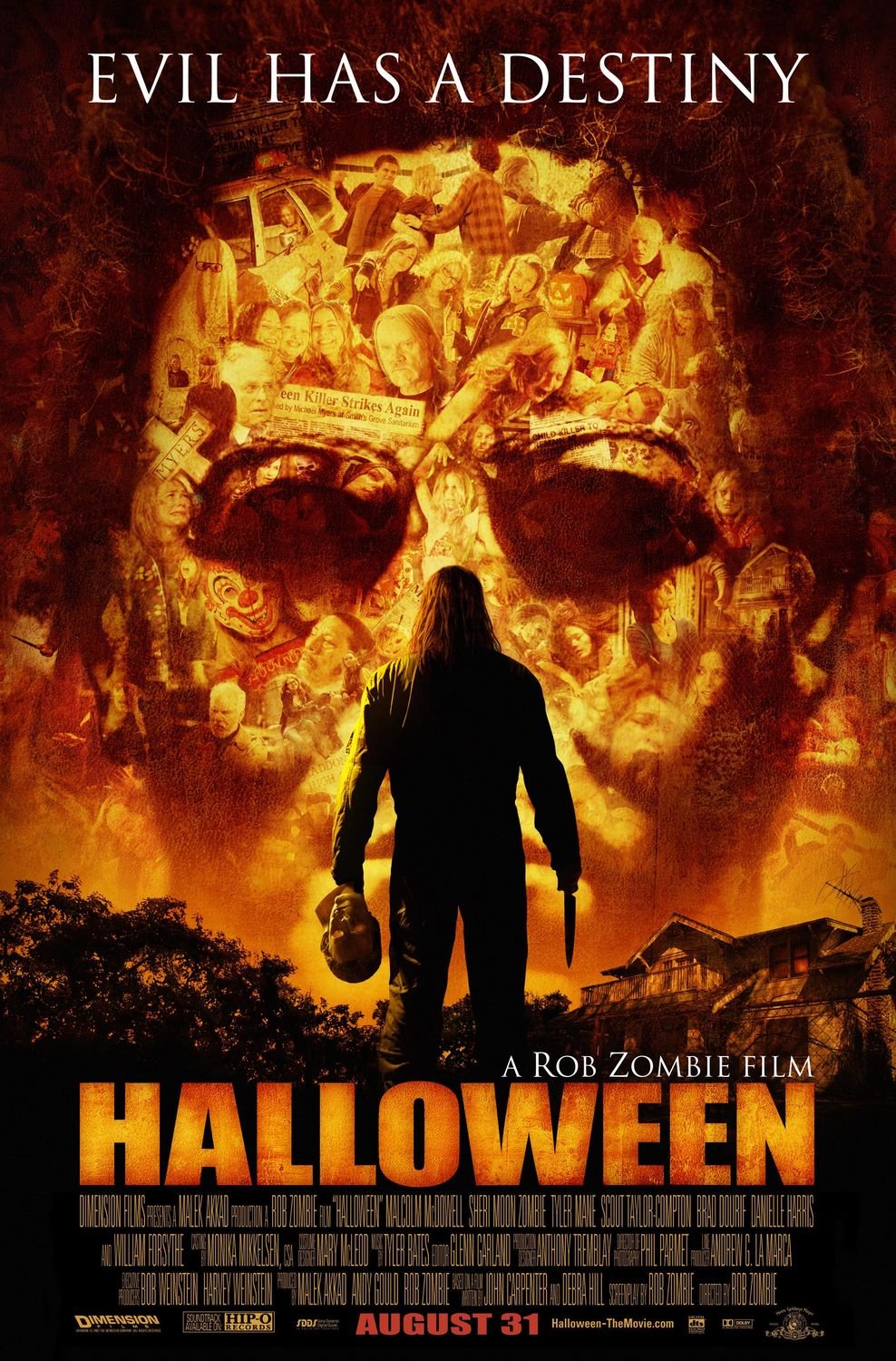 Remakes are a standard part of Hollywood production. In a hunt for successful projects, it makes sense to reproduce an already tried-and-tested formula – or to rely on a pre-existing brand proposition and get a head-start on marketing. The first feature-length remake was The Squaw Man in 1918, adapting its 1914 predecessor, and the process has run unabated ever since.
Remakes are a standard part of Hollywood production. In a hunt for successful projects, it makes sense to reproduce an already tried-and-tested formula – or to rely on a pre-existing brand proposition and get a head-start on marketing. The first feature-length remake was The Squaw Man in 1918, adapting its 1914 predecessor, and the process has run unabated ever since.
Remakes have a fairly poor reputation, which is often unfair to the pictures in question. When done well, a remake can provide a fresh perspective, or improve upon a faulty original. Halloween (2007) is a case in point. It comes from writer/director Rob Zombie, and provides an alternate take for John Carpenter’s genre-defining original from 1978. One could argue that remaking such an iconic work of horror is an act of artistic sacrilege. In all honesty, seven uneven and conflicting Halloween sequels between 1981 and 2002 probably did that damage already. Zombie’s Halloween at least provided the concept with a fresh start.
Is it as effective as Carpenter’s Halloween? Of course not – but then Carpenter’s film revolutionised horror cinema and triggered the ‘slasher franchise’ craze of the 1980s. What Zombie provides is an alternative take in a different style. That sort of thing has artistic worth. I wish more remakes took this approach.
The 2007 Halloween differs significantly from the 1978 because it starts with antagonist Michael Myers. Rather than make him an anonymous, masked killer from the outset, Zombie essentially tells an origin story. We see Michael’s problematic childhood, his first murders, and his decades-long incarceration in institutionalised care. Laurie Strode, the unlucky babysitter targeted by Michael in the original, does not even turn up until halfway through the film.
Does this approach reduce Michael’s effectiveness as a horror monster? Almost certainly, but then time and film evolution had kind of reduced it already. As the first of the 1980s ‘splat pack’ he pre-dates competitors like Freddy Krueger and Jason Voorhees, and lacks their quirks and signature personalities. When created there was no character with whom he competed. As his franchise expanded film by film, his relatively simplicity made him the blandest villain in the room. By introducing a less mysterious and more grounded serial killer narrative, Zombie may lose the iconic imagery a little but gains a lot more in return.
Everything in the film plays out in Zombie’s rough grindhouse-inspired style. The 1970s setting really works in his favour, however the slightly more realistic grounding limits his stylistic excesses a tad – it is honestly up to the viewer’s taste whether this is a good or a bad thing. The film’s second half, showing Michael’s pursuit of Laurie, seems to lose quite a lot of energy without Zombie’s more elaborate gore and grotesquerie.
Tyler Mane works a strong performance out of limited opportunities as Michael. Daeg Faerch delivers a superbly creepy turn as the younger, maskless Michael. A lot of what he does sets up Mane’s performance later in the film. Scout Taylor-Compton delivers a very different Laurie to Jamie Lee Curtis’ celebrated original, which is to the film’s benefit.
A lot of the other performances feel rather under-developed and hammy, as if Zombie cast famous actors that he wanted to meet in person and those actors never quite took their parts seriously enough. Front in mind is Malcolm McDowell, replacing the late Donald Pleasance as psychologist Dr Loomis. With McDowell you tend to get either greatness or a sort of amiable over-the-top ramble – this film includes the latter (he is much better suited to Zombie’s subsequent film 31). Other notable supporting actors – all under-served – include Danny Trejo, Dee Wallace, and Brad Dourif.
This is a flawed but interesting work from a flawed but interesting filmmaker. Zombie’s affection for the horror genre is palpable in each of his films, and there’s a lot of value in what he put together here.





Leave a comment